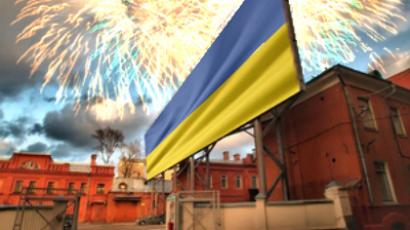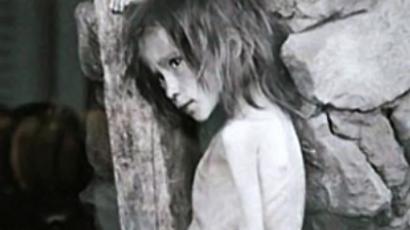Half a century on, Ukraine’s controversial Insurgent Army still sparks debates
Marches have been held in Kiev to commemorate the anniversary of the Ukrainian Insurgent Army (UPA). The army fought with Nazi forces against the Soviets during World War II. However, opinions on the UPA are split.
Ukrainian veteran Fotiy Volodimirsky remembers the taste of battlefield in the 1940s. But unlike most of his compatriots, he fought a different war – against his own people. He is one of the surviving veterans of the UPA.
"I don’t like such words as Great Patriotic War,” said Volodymyrskiy. “We were not patriots of our land, because we had no land. We lived under the occupation by an empire called the USSR."
But Red Army veterans would disagree. They describe the UPA veterans as a reincarnation of the enemy they fought against.
“This is hooliganism,” said Red Army Veteran Vladimir Kilchyuk. “Marshal Zhukov once said that fascism is like hooliganism. So such views are fascist.”
The UPA dates back to 1942. It was formed by Ukrainian patriots, initially to protect their land from Nazi invasion. However, they later aligned with the Germans and turned arms against Soviet troops. The UPA was seen as traitors in the Soviet Union. Nowadays, the historic role of these fighters is shaking Ukraine.
Several months ago vandals attacked a monument to Vladimir Lenin in the very heart of Kiev. They smashed the face and spray painted nationalist slogans on the body. Since then the Communist Party of Ukraine has been keeping a 24-hour guard at the statue.
Marches by UPA followers have become common in Kiev, as have clashes with communists and the police.
Ukrainian President Viktor Yushchenko, whose father is believed to have been involved with the UPA, has named founders of the UPA as national heroes. He sees the insurgent army as a role model for his country – something a large part of this post-Soviet state finds unacceptable and unforgivable.
“My son is 7 years old,” said Valentin Yurchak, a Patriots Movement activist. “He went to school and now I will have to explain to him that people who fought against his great granddad are seen as heroes here. They were worse than traitors.”
Despite the freezing weather, these old men stood at the monument to the man they glorify, ready to protect it. Nationalist youths praised their heroes just two kilometers away. The distance may be small, but the same cannot be said about the gap that has split Ukrainian society.














